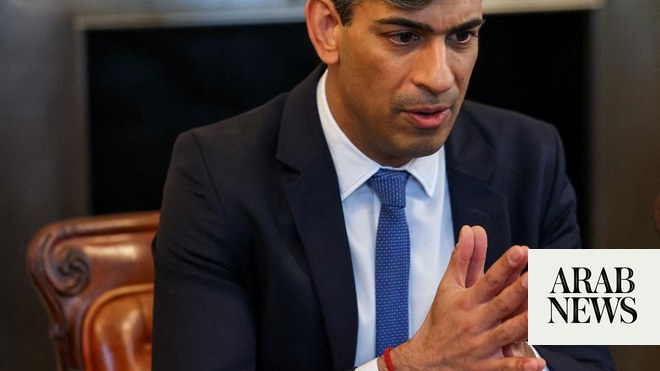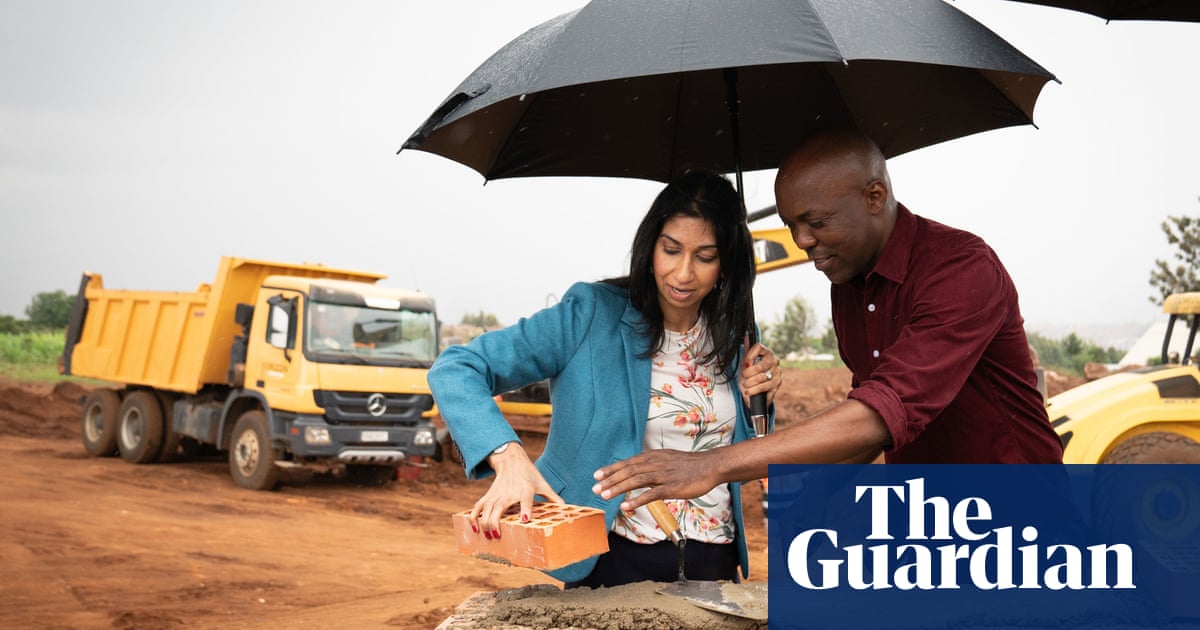
The UK will block visas for visitors from countries the home secretary believes are refusing to cooperate in taking back rejected asylum seekers or offenders.
In proposed legislation published on Tuesday, Priti Patel and future home secretaries would have the power to suspend or delay the processing of applications from countries that do no “cooperate with the UK government in relation to the removal from the United Kingdom of nationals of that country who require leave to enter or remain in the United Kingdom but do not have it”.
The clause in the nationality and borders bill also allows for the home secretary to impose additional financial requirements for visa applications – that is, an increase in fees – if countries do not cooperate.
The proposals mirror US legislation that allows officials to withdraw visa routes from countries that refuse to take back undocumented migrants. It is understood that countries such as Iraq, Iran, Eritrea and Sudan are reluctant to cooperate with the UK on such matters.
The change is one of many in the bill, described as “the biggest overhaul of the UK’s asylum system in decades” by Patel, which includes measures such as:
Asylum seekers deemed to have arrived in the UK illegally will no longer have the same entitlements as those who arrive in the country via legal routes. Even if their claim is successful, they will be granted temporary refugee status and face the prospect of being indefinitely liable for removal.
Asylum seekers will be able to be removed from the UK while their asylum claim or appeal is pending, which opens the door to offshore asylum processing.
For those deemed to have arrived illegally, access to benefits and family reunion rights could be limited.
The appeals and judicial process will be changed to speed up the removal of those whose claims are refused.
The home secretary will be able to offer protection to vulnerable people in “immediate danger and at risk in their home country” in exceptional circumstances. It is thought this will be used to help a small number of people.
The system will be made “much harder for people to be granted refugee status based on unsubstantiated claims” and will include “rigorous age assessments” to stop adults pretending to be children. The government is considering the use of bone scanners to determine age.
Life sentences will be brought in as a maximum penalty for people-smugglers.
Foreign criminals who breach deportation orders and return to the UK could be jailed for up to five years instead of the current six months.
A new one-stop legal process is proposed so that asylum, human rights claims and any other protection matters are made and considered together before appeal hearings.
Campaigners have dubbed the proposed legislation the “anti-refugee bill”, claiming it will penalise those who need help the most.
Analysis of Home Office data by the Refugee Council suggests 9,000 people who would be accepted as refugees under current rules – those confirmed to have fled war or persecution following official checks – may no longer be given safety in the UK due to their means of arrival under the changes.
The charity’s chief executive, Enver Solomon, said that for decades people had taken “extraordinary measures to flee oppression”, but had gone on to become “law-abiding citizens playing by the rules and paying their taxes as proud Britons”.
Steve Valdez-Symonds, refugee and migrants rights programme director at Amnesty International UK, branded the bill “legislative vandalism”, claimed it could “fatally undermine the right to asylum” and accused Patel of a “shameful dereliction of duty”, adding: “This reckless and deeply unjust bill is set to bring shame on Britain’s international reputation.”
Sonya Sceats, chief executive of Freedom from Torture, described the plans as “dripping with cruelty” and an “affront to the caring people in this country who want a kinder, fairer approach to refugees”.
More than 250 organisations – including the Refugee Council, the British Red Cross, Freedom from Torture, Refugee Action and Asylum Matters – have joined to form the coalition Together with Refugees to call for a more effective, fair and humane approach to asylum in the UK.












